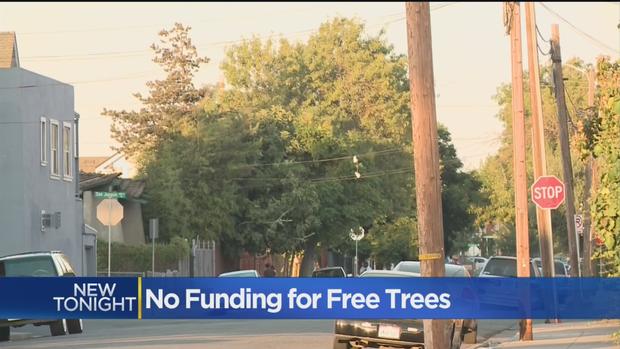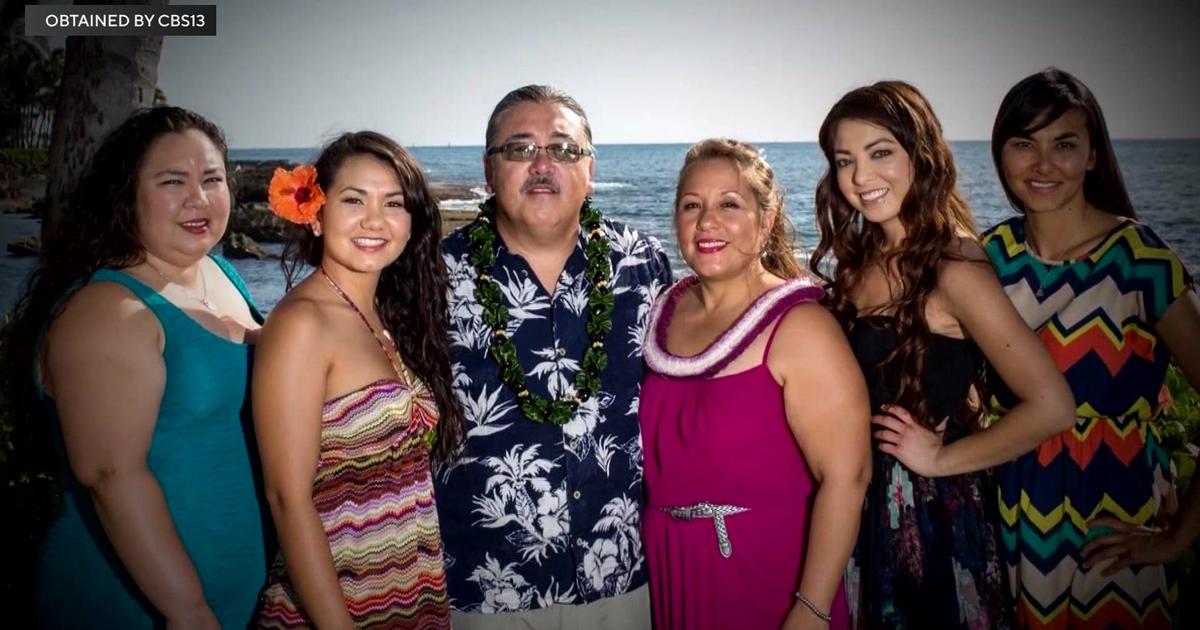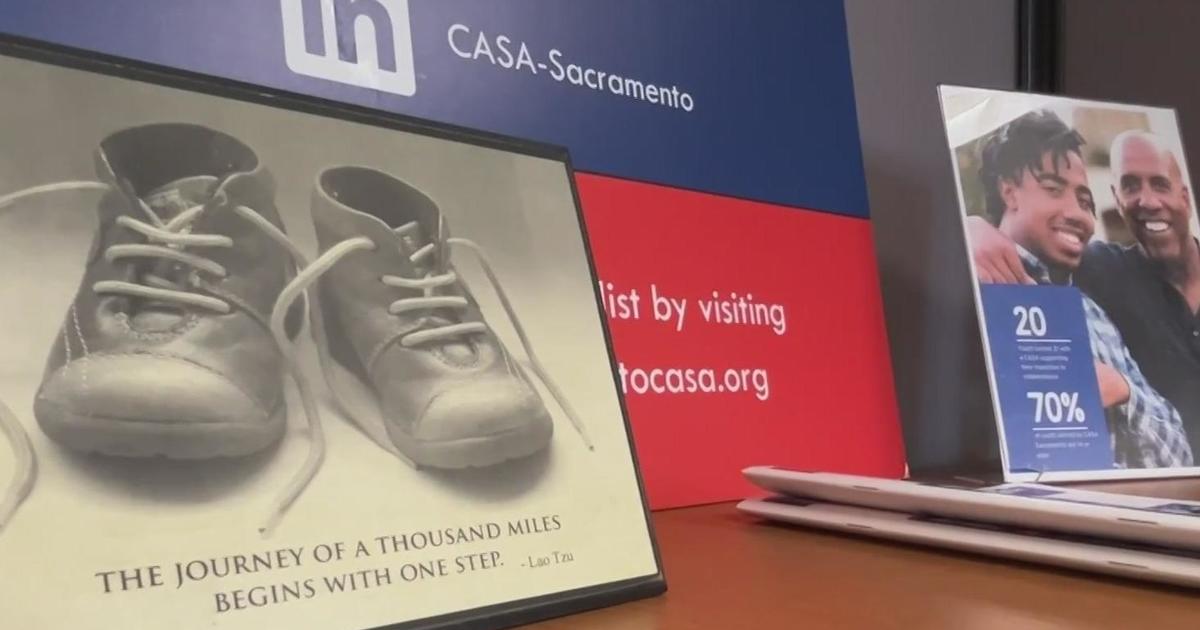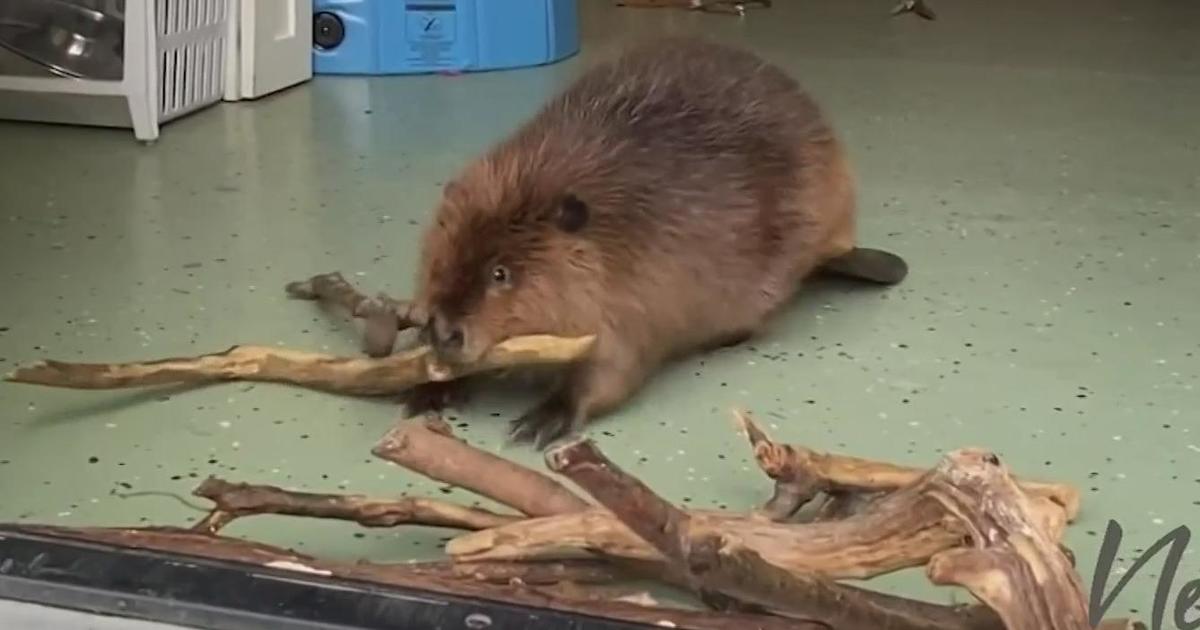Five Alternatives To Zoos In California
Dr. Laurel Braitman has been interested in how animals think and feel for a very long time. She grew up on an avocado ranch in Southern California where she lived with all sorts of creatures (donkeys, dogs, hamsters, chickens, cats, a pony, turkeys, goats, rabbits, parrots, doves, and a tarantula). She has a PhD in the history of science from MIT and she is a TED Fellow. Her new book Animal Madness: How An Anxious Dogs, Compulsive Parrots, And Elephants In Recovery Help Us Understand Ourselves is available now from Simon & Schuster.
Zoos have long been fantastic destinations for families. Not only do they house the same animals that populate children's books and stories, but they are often places where kids can let loose, dashing excitedly among the exhibits, talking loudly without having to be shushed, and ostensibly learning about animals and nature while they do so. The problem is that zoo animals often suffer drastically in order to be on display, especially when it comes to their emotional health. And this is true even in our nation's most prestigious zoos and aquariums.
There are, however, a few great alternatives to traditional zoos. These places are home to animals who actually enjoy being around us, who live in ethical exhibits, in appropriate climates, or have been rescued from abusive situations and cannot be returned to the wild. We should support these institutions as they are places where children and their parents can learn about animals in a way that makes us all feel better.
 Photo Credit: JOE KLAMAR/AFP/Getty Images
Photo Credit: JOE KLAMAR/AFP/Getty ImagesThe Marine Mammal Center
2000 Bunker Road
Sausalito, CA 94965
http://www.marinemammalcenter.org/
The only hospital of its kind, they treat hundreds of elephant seals, sea lions and harbor seals every year. Almost all of these animals are returned to the wild once they are healed. Visitors can even watch seal or sea lion surgeries through an observation window into the operating room. And it's free!
Related: Best Volunteer Opportunities For Animal Lovers In Sacramento
Farm Sanctuary
19080 Newville Road
Orland, CA 95963
5200 Escondido Canyon Road
Acton, CA 93510
http://www.farmsanctuary.org/
This organization runs three sanctuaries in the US and two of them are in Northern and Southern CA. They are the perfect places to make friends with the kinds of domesticated creatures that are now exotic to most Americans--from cows and ducks to turkeys and lambs. The sanctuaries offer guided or self-guided tours (April through November) and provide a local dining guide for traveling vegans (or those who want to be after hanging out with the sanctuary's friendly pigs).
 Photo Credit: Thinkstock
Photo Credit: ThinkstockPerforming Animal Welfare Society Sanctuary
1250 Pool Station Road
San Andreas, CA 95249
Market Street
Galt, CA 95632
http://www.pawsweb.org/
PAWS is open to the public a few times a year for events such as "Seeing the Elephant Getaway," "Wines, Tigers and Beers," or its annual "Elephant Grape Stomp." Despite the silly names this is one of the nation's most respected and successful animal sanctuaries for exotic species who have been rescued from abusive situations. Bears who have starred in films and then fallen on hard times, elephants who've been abused for years inside circuses, and other needy creatures who are lucky enough to be brought here live out their lives in peace and comfort.
 Photo Credit: DIPTENDU DUTTA/AFP/Getty Images
Photo Credit: DIPTENDU DUTTA/AFP/Getty ImagesElephant Exhibit At The Oakland Zoo
9777 Golf Links Road
Oakland, CA 94605
http://www.oaklandzoo.org/blog/tag/elephants/
Yes, this one is actually a zoo but the elephant exhibit is a pretty good place to live if you have to be a captive elephant. The herd walks many miles per day exploring their exhibit that contains a grassy meadow, tall trees, and a pond. The elephants also have a dedicated keeper whose job it is to bring them fresh branches and the pachyderms are free to stay outside at night if they so choose, looking up at the stars.
 Photo Credit: David Paul Morris/Getty Images
Photo Credit: David Paul Morris/Getty ImagesCalifornia Wildlife Center
26026 Piuma Road
Calabasas, CA 91302
http://www.cawildlife.org/
CWC is a wildlife rehabilitation facility that has treated more than 36,000 animals since its founding 1998, from injured raccoons and beached seals to orphaned fawns and mountain lion cubs. Twice a year they throw open their doors to the public. If you miss your chance, it's no problem--you can still see their work up close by volunteering!





